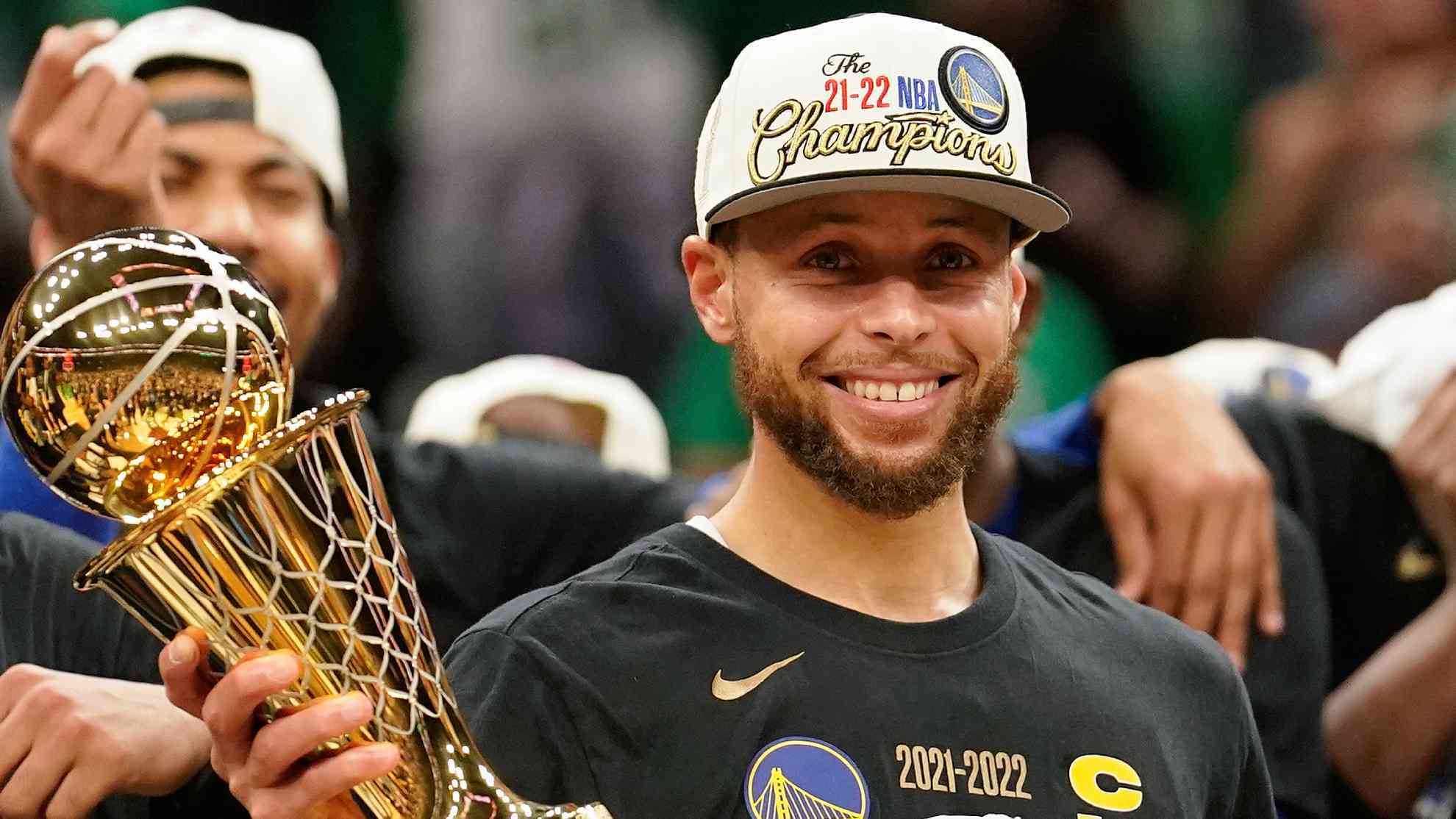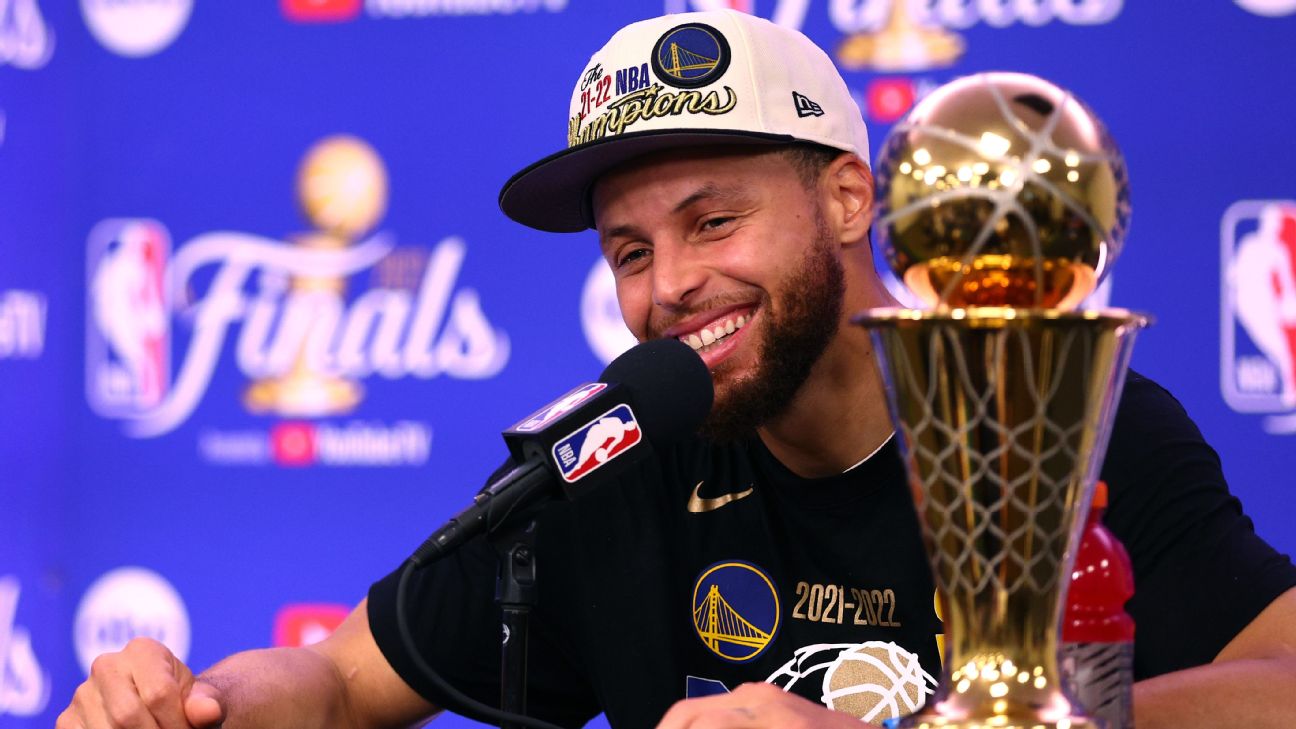Finals MVP History and Statistics

Finals mvp – The NBA Finals Most Valuable Player (MVP) award is presented annually to the player who has performed the best throughout the NBA Finals, the championship series of the National Basketball Association (NBA). The award was first introduced in 1969, and has since become one of the most prestigious individual accolades in basketball.
The Finals MVP has led his team to victory, securing the coveted championship trophy. As the confetti falls and the cheers erupt, fans eagerly await the next grand celebration: the Celtics parade. Mark your calendars for when is celtics parade to witness the triumphant procession of the Finals MVP and his teammates through the streets, sharing their joy and success with the city that has supported them throughout their remarkable journey.
The most frequent winners of the Finals MVP award are Michael Jordan (6), Kareem Abdul-Jabbar (6), Tim Duncan (3), LeBron James (4), and Shaquille O’Neal (3). These players have all been dominant forces in the NBA, and their performances in the Finals have helped their teams win championships.
The Finals MVP award is a prestigious honor given to the player who has performed exceptionally well throughout the playoffs, leading their team to victory. Just like Ian McKellen , who has received critical acclaim for his exceptional performances on stage and screen, the Finals MVP is recognized for their outstanding contributions on the court.
Their skill, determination, and leadership qualities have guided their team to the pinnacle of success.
The Finals MVP award has a significant impact on the outcome of NBA championships. In the past, the team with the Finals MVP has won the championship 75% of the time. This shows that the Finals MVP is often the key player in determining the outcome of the series.
The Finals MVP, a testament to unwavering determination and exceptional skill, led their team to a triumphant victory. As the confetti rained down upon them, the city erupted in jubilation, eager to celebrate the long-awaited championship. The Boston Celtics Parade became a spectacle of unity and joy, a testament to the resilience and spirit that had carried them through the grueling season.
The Finals MVP, now etched in the annals of basketball history, stood tall amidst the cheering throng, their legacy forever intertwined with this unforgettable moment.
The Finals MVP award is also a prestigious individual honor. Winning the award is a testament to a player’s skill, leadership, and determination. It is an award that is coveted by all NBA players, and it is a symbol of greatness.
The Finals MVP has proven their worth time and time again. As we turn our attention to the highly anticipated Mavericks vs Celtics Game 4 , all eyes will be on the court as these two teams battle it out for a chance to take the lead in the series.
The Finals MVP will undoubtedly play a crucial role in determining the outcome, and their performance will be closely scrutinized by fans and analysts alike.
Most Frequent Winners
- Michael Jordan (6)
- Kareem Abdul-Jabbar (6)
- Tim Duncan (3)
- LeBron James (4)
- Shaquille O’Neal (3)
Impact on NBA Championships
The Finals MVP award has a significant impact on the outcome of NBA championships. In the past, the team with the Finals MVP has won the championship 75% of the time.
- Team with Finals MVP wins championship: 75%
- Team without Finals MVP wins championship: 25%
Factors Influencing Finals MVP Selection
The Finals MVP award is the most prestigious individual honor in basketball, and it is given to the player who is deemed to have had the greatest impact on their team’s victory in the NBA Finals. There are a number of factors that are considered when selecting the Finals MVP, including individual performance, team success, and leadership.
Individual Performance, Finals mvp
Individual performance is the most important factor in determining the Finals MVP. The player who wins the award is typically the one who has the best statistical averages in the Finals, including points, rebounds, assists, and steals. However, there are some players who have won the award despite not having the highest statistical averages. For example, Magic Johnson won the Finals MVP award in 1980 despite averaging only 18.3 points per game. Johnson’s impact on the game went beyond his scoring, as he also led the Lakers in assists and rebounds.
Team Success
Team success is another important factor in determining the Finals MVP. The player who wins the award is typically a member of the team that wins the NBA championship. However, there are some players who have won the award despite being on the losing team. For example, Jerry West won the Finals MVP award in 1969 despite the Lakers losing to the Boston Celtics in seven games. West averaged 37.9 points per game in the Finals, and he led the Lakers in scoring, rebounding, and assists.
Leadership
Leadership is also an important factor in determining the Finals MVP. The player who wins the award is typically a leader on their team, and they are able to inspire their teammates to play their best. For example, Michael Jordan won the Finals MVP award six times, and he was known for his ability to lead his team to victory. Jordan was a vocal leader on the court, and he was always able to motivate his teammates to play hard.
Intangibles
Intangibles are also considered when selecting the Finals MVP. These intangibles include clutch play, defensive impact, and hustle. Clutch play is the ability to make big plays in key moments of the game. Defensive impact is the ability to make a difference on the defensive end of the court. Hustle is the ability to give 100% effort on every play. These intangibles can be just as important as individual performance, team success, and leadership when it comes to determining the Finals MVP.
Notable Finals MVP Performances

Throughout NBA history, countless players have delivered exceptional performances in the Finals, etching their names in the annals of basketball greatness. These iconic displays have not only shaped the outcomes of championships but have also elevated the legacies of the players involved.
The following table highlights some of the most memorable and impactful Finals MVP performances, showcasing the players’ statistics, team achievements, and the significance of their contributions:
| Player | Year | Team | Stats | Team Achievements | Significance |
|---|---|---|---|---|---|
| Michael Jordan | 1991 | Chicago Bulls | 31.2 PPG, 11.4 RPG, 6.6 APG | Defeated the Los Angeles Lakers 4-1 | Led the Bulls to their first NBA championship, establishing himself as one of the greatest players in league history. |
| Shaquille O’Neal | 2000 | Los Angeles Lakers | 38.0 PPG, 16.7 RPG, 2.7 BPG | Defeated the Indiana Pacers 4-2 | Dominated the paint, leading the Lakers to their first championship in 12 years. |
| Tim Duncan | 2003 | San Antonio Spurs | 24.2 PPG, 17.8 RPG, 5.0 APG | Defeated the New Jersey Nets 4-2 | Anchored the Spurs’ defense and led them to their second championship in three years. |
| LeBron James | 2012 | Miami Heat | 28.6 PPG, 10.2 RPG, 7.4 APG | Defeated the Oklahoma City Thunder 4-1 | Led the Heat to their first championship since 2006, solidifying his status as one of the league’s elite players. |
| Kawhi Leonard | 2014 | San Antonio Spurs | 17.8 PPG, 6.4 RPG, 2.3 APG | Defeated the Miami Heat 4-1 | Emerged as a defensive force, leading the Spurs to their fifth championship. |
These Finals MVP performances not only showcased the exceptional talent of the players involved but also had a profound impact on their careers and the legacy of the award. They cemented their status as all-time greats and demonstrated the importance of leadership, determination, and the ability to rise to the occasion in the most significant moments of the season.